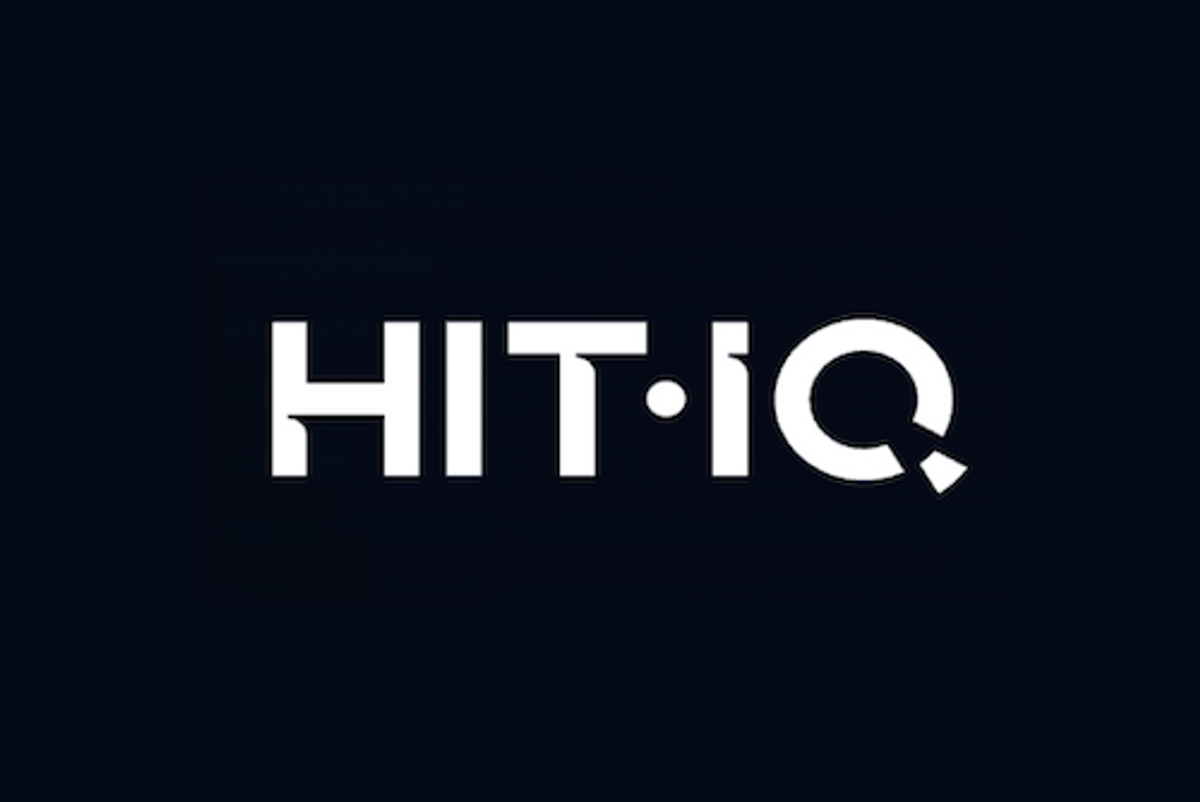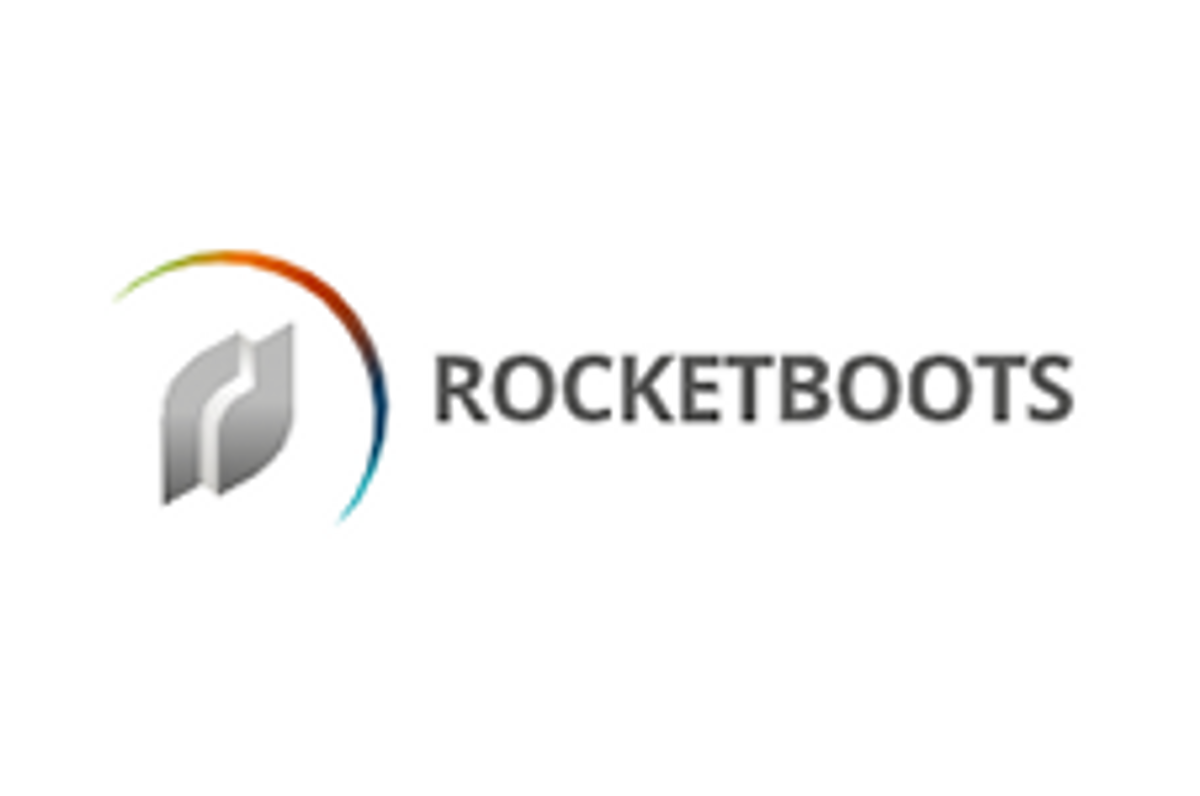
March 23, 2025
HITIQ Limited (ASX: HIQ) (HITIQ or the Company) announces a strategic shift to focus on the consumer market, targeting amateur and community-level athletes of all ages across a variety of sports with its new HITIQ PROTEQT system. This shift to the consumer market is a natural strategic step for the Company, running in parallel with its established work in professional sports, taking its world-leading impact detection technology where it can have the greatest impact—in the amateur sporting community, and positioning HITIQ to tap into a vast, accessible market, steering the Company toward a sustainable, cash flow positive future. This direction is reinforced by a significant milestone: a three-year partnership with the Victorian Amateur Football Association (VAFA), naming HITIQ as the VAFA’s ‘Official Concussion Technology Partner.’
- HITIQ is shifting its strategic focus to the consumer market, targeting amateur and community-level athletes.
- This strategic shift to the consumer market complements ongoing efforts in professional sports.
- A three-year partnership with the VAFA marks a key launchpad, driving HITIQ toward a cash flow positive future.
The consumer market, encompassing millions of amateur players globally, offers a substantial opportunity driven by increasing concussion awareness and demand for cost-effective safety solutions. Research shows community-level athletes and parents prioritize wellbeing, creating strong incentives for adopting HITIQ’s technology, which includes real-time impact detection, symptom assessment, and telehealth support. As part of this shift, HITIQ PROTEQT will be made available to VAFA clubs, monitoring head impacts in real time, flagging potential concussion risks, and guiding players through symptom assessments with telehealth access to emergency physicians and concussion specialists when needed. Players diagnosed with concussion by their preferred medical professional will follow club medical staff guidance and AFL community concussion protocols for return-to-play. Leveraging its extensive elite sports foundation, HITIQ will keep advancing its technology at this level to strengthen offerings for the community market.
HITIQ PROTEQT integrates proven elite-level technology—previously validated by partners like Monash University and Virginia Tech—into an accessible, boil-and-bite smart mouthguard. Priced for broad uptake and paired with a subscription model, HITIQ PROTEQT offers head impact monitoring, concussion management, and return-to-play guidance, and will be available to consumers this season. The VAFA partnership builds on HITIQ’s prior success with the Nexus iMG in this league, providing a proven foundation to drive adoption among amateur players and families.
Earl Eddings, Executive Chairman of HITIQ, said:
“This shift positions HITIQ where the real demand is - grassroots sport. We’ve built a scalable, consumer- focused product that meets a clear need, backed by world-class technology and partnerships. This is about delivering safety to millions while driving sustainable growth for shareholders. Partnering with the VAFA is a critical step toward bringing HITIQ PROTEQT to life. With the VAFA as our launchpad, we’re gearing up to deliver our cutting-edge technology to community sport, starting with their teams and expanding nationwide.”
VAFA CEO Jason Reddick said:
“Player safety is a primary priority for the VAFA, and concussion is one of the most serious health issues in the game. So partnering with HITIQ, who are leading the way in impact detection technology that can assist with early flagging of potential concussions, is another step forward. We’re happy to help bring this next-level tool to our VAFA community and encourage our clubs to learn more about HITIQ PROTEQT. Any tool that can help players and club medical staff quickly identify a potential concussion and begin assessment and treatment earlier is worthy of consideration.”
Stuart McDonald, Senior Research Fellow of Monash University’s Department of Neuroscience, said: "Research with HITIQ’s instrumented mouthguards, including our studies in the VAFA, has shown they reliably detect and quantify the forces exerted on the head during collisions. Based on our experience, players have found their previous mouthguards very comfortable, and they also show promise in identifying impacts that may carry a higher concussion risk. While these devices do not diagnose concussion, they could be used to highlight significant impacts that might otherwise have been missed, encouraging appropriate symptom monitoring and medical evaluation."
The Company’s growth strategy includes scaling manufacturing and expanding into key markets starting with Australia. With board renewal, we have brought in sport and consumer expertise, and a refreshed leadership team with global sports tech experience will support this shift, alongside plans to build a leading concussion dataset for stakeholders. With the VAFA partnership as a springboard, this strategic shift sets HITIQ on a clear course for profitability.
Earl Eddings will be presenting the attached slides this week for a non-deal Asia roadshow.Click here for the full ASX Release
This article includes content from HITIQ Limited, licensed for the purpose of publishing on Investing News Australia. This article does not constitute financial product advice. It is your responsibility to perform proper due diligence before acting upon any information provided here. Please refer to our full disclaimer here
HIQ:AU
The Conversation (0)
03 February
Can You Invest in Neuralink?
Elon Musk's Neuralink has captured the public’s attention and imagination with its futuristic vision of connecting the human brain to computers.Neuralink has drawn interest to the brain computer interface (BCI) sector with its N1 implant, which is undergoing human trials in patients with spinal... Keep Reading...
30 January
Tech Weekly: Mega-cap Earnings Dominate Narrow Trading Week
Welcome to the Investing News Network's weekly brief on tech news and tech stocks driving the market. We also break down next week's catalysts to watch to help you prepare for the week ahead.Don't forget to follow us @INN_Technology for real-time news updates!Securities Disclosure: I, Meagen... Keep Reading...
29 January
Quarterly Activities/Appendix 4C Cash Flow Report
RocketBoots (ROC:AU) has announced Quarterly Activities/Appendix 4C Cash Flow ReportDownload the PDF here. Keep Reading...
29 January
Q2 FY2026 Quarterly Activities and Cash Flow Report
RemSense Technologies (REM:AU) has announced Q2 FY2026 Quarterly Activities and Cash Flow ReportDownload the PDF here. Keep Reading...
23 January
Tech Weekly: Tech Stocks Tumble on Intel's Guidance Gap
Welcome to the Investing News Network's weekly brief on tech news and tech stocks driving the market. We also break down next week's catalysts to watch to help you prepare for the week ahead.Don't forget to follow us @INN_Technology for real-time news updates!Securities Disclosure: I, Meagen... Keep Reading...
12 January
Syntheia Signs Non-Binding LOI for SATCOM Acquisition
Syntheia Corp. (CSE: SYAI,OTC:SYAIF) ("Syntheia" or the "Company") (Syntheia.ai), a leading provider of conversational AI solutions for inbound telephone call management, is pleased to announce that it has entered into a non-binding letter of intent (the "LOI"), dated January 12, 2026, with CX1... Keep Reading...
Latest News
Interactive Chart
Latest Press Releases
Related News
TOP STOCKS
American Battery4.030.24
Aion Therapeutic0.10-0.01
Cybin Corp2.140.00





